The strong rumors that have emanated from India’s North-East States contain dangerous signals that some five Indian States from this part of India now wish to delink itself with mainland India.
Voices of dissent have come from, as some claim, Tripura, Manipur, Assam, Meghalaya, and Nagaland that they prefer now to have their own identity which, by implication, means that these Indian States wish to declare themselves as independent and sovereign.
Perhaps terrified internally by the threats from the Provinces of the North-East, the erratic defense minister of India Rajnath Singh has tried to threaten sovereign Pakistan, July 26, 2023, uttering that “no compromise will be made in protecting the sovereignty, unity and integrity of the country-India”.
The Minister said these while addressing a Kargil War memorial in Ladakh’s DRASS town that “we can go to any extreme to maintain the honor and dignity of the country…if that includes crossing the LoC (Line of Control), we are ready to do that…. if we are provoked and if the need arises, we will cross the LoC”.
India’s defense minister Raj Nath Singh may have also threatened Pakistan with such irrational whimsical statements against rival Pakistan keeping an eye on the approaching Indian elections. Indian elections are at hand.
Indian leaders have a peculiar habit of denouncing or even sending threat signals to the countries in the neighborhood in order to influence the impending elections.
Such ploys are generally brought into play by weak and uneducated political leaders in India.
Moreover, the Indian defense minister has made such a highly aggressive and provocative statement perhaps bolstered by the fresh consignments of sophisticated weapons acquired by India in the recent days and months from the Western nations, for example, the USA and France.
If so then the Western nations must be held responsible for adding to the political instability and threatening the peaceful environment of South Asia.
The accumulation of such sophisticated weaponries supplied by the Western nations disturb the power-balance particularly in South Asia which is already in a very bad shape because of the expansionist and the declared hegemon-India.
Needless to say, Kashmir-the disputed territory is still awaiting the previous UN Security resolutions to come into effect and settle the seven decades long issue.
The lingering of the Kashmir issue speaks volumes on the West’s soft corner for the Indian regime.
The UN body too appears biased, as some political analysts opine frankly.
To recall, the “UN Security Council needs to actively promote the resolution of conflicts and disputes, not simply manage them, much less ignore them”, so said the Ambassador Munir Akram, permanent representative of Pakistan to the UN, told the 15-member body in January early this year.
Ambassador Akram further stated that “The Council has not been able to secure consistent implementation of its own resolution, such as the resolution relating to Jammu and Kashmir,” he said in the course of a debate on ‘the Rule of Law among Nations’, January this year.
“In these cases,” the Pakistani envoy added, “the right to self-determination has been suppressed brutally and foreign occupation has been allowed to persist over several decades. It is essential to elaborate the modalities through which this principle can be implemented universally and consistently in the contemporary context.”
In yet another fresh news, July 02, 2023, Ambassador Munir Akram said, that despite Security Council’s unequivocal resolutions calling for a UN supervised plebiscite in Jammu and Kashmir, India continued its occupation of Kashmir through a reign of terror imposed by an occupying army exceeding 900,000 troops – one soldier for every 8th Kashmiri man, woman and child. The massive human rights violations in Indian Occupied Jammu and Kashmir.
Ambassador Munir termed the massive human rights violations in Kashmir were “a blot on the conscience of humanity. India must be held accountable for its war crimes and crimes against humanity in occupied Jammu and Kashmir.”
Let’s recall August 5th 2019 when an Indian decree changed the very status of Kashmir.
Since then, the Kashmiri leaders like Mehbooba Mufti and Dr. Farooq Abdullah (senior) have been demanding the scrapping of the 2019 regressive steps taken by the Indian regime.
Senior Abdullah talking to Karan Thapar of the WIRE had said in an interview that “I was taken for a ride by PM Modi the previous day wherein the Prime Minister had assured the Kashmiri leader that nothing would happen in Kashmir.
However, the Indian decree the next morning shook Kashmir and its denizens.
Terror reigns supreme in the India occupied Kashmir even as of now.
And yet India cries foul that it will not hesitate to enter Pakistani territory to penalize the competing rival Pakistan.
India makes at times absurd statements such as the one made July 26, 2023.
India may have concluded that the present Pakistani internal troubles would be the opportune moment to scare Pakistan.
However, Pakistan appears undeterred.
Listening to this highly erratic and undiplomatic-buffoonery remarks from the Indian side and that too from a sitting defense minister, Pakistan’s foreign office appears to have taken grave note of the bizarre remarks and has “rebuked” India’s unwarranted account terming it as “belligerent rhetoric” which, Pakistan believes, tantamount to a threat to South Asia’s peace and regional stability.
In a prompt and befitting response to India's highly undiplomatic remarks, the Foreign Office of Pakistan said that “Pakistan is fully capable of defending itself against any aggression”.
“We counsel India to exercise utmost caution as its belligerent rhetoric is a threat to the regional peace and stability, and contributes to de-stabilizing the strategic environment in South Asia,” Pakistan in a statement issued 26 July, 2023.

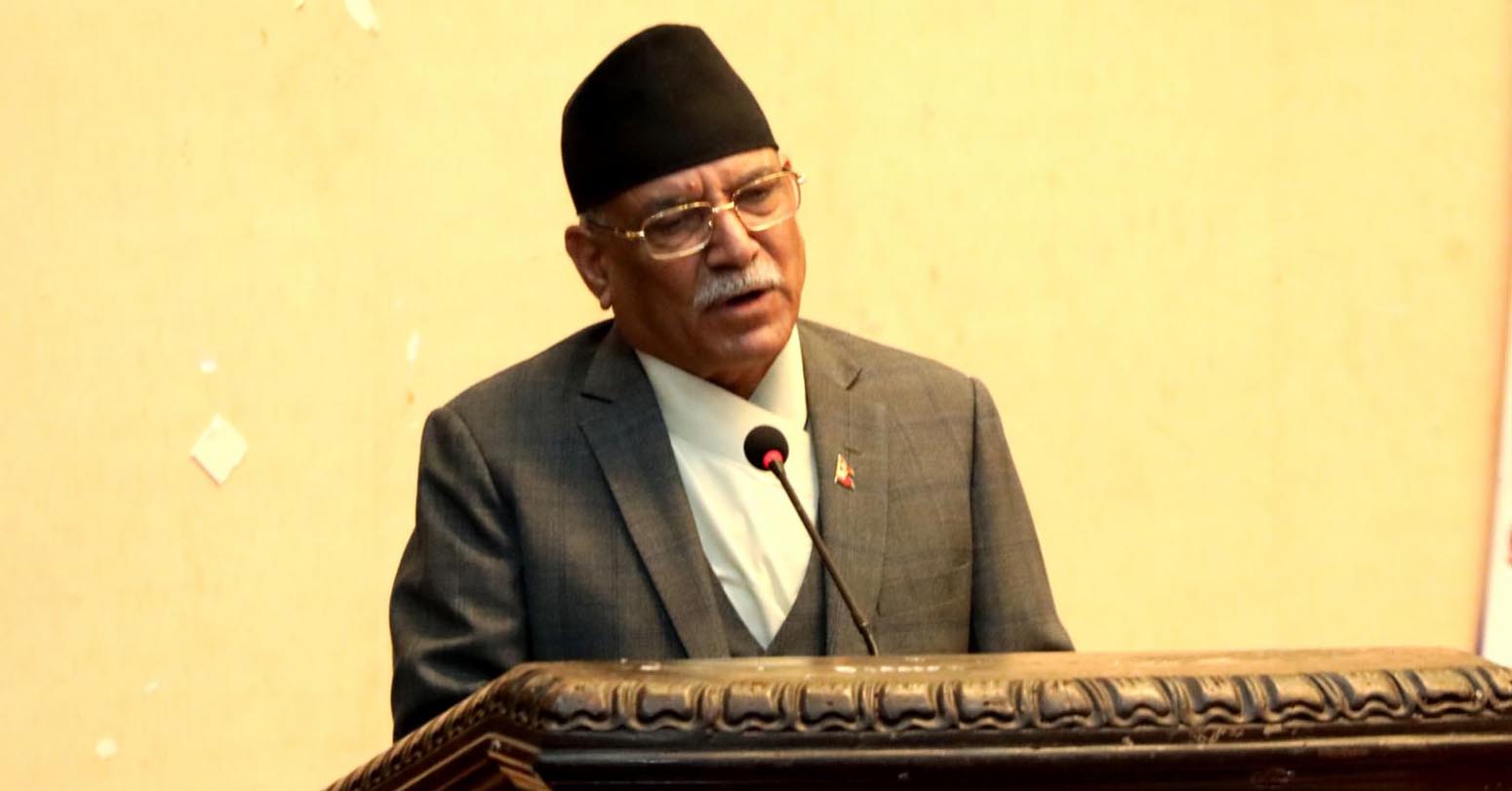

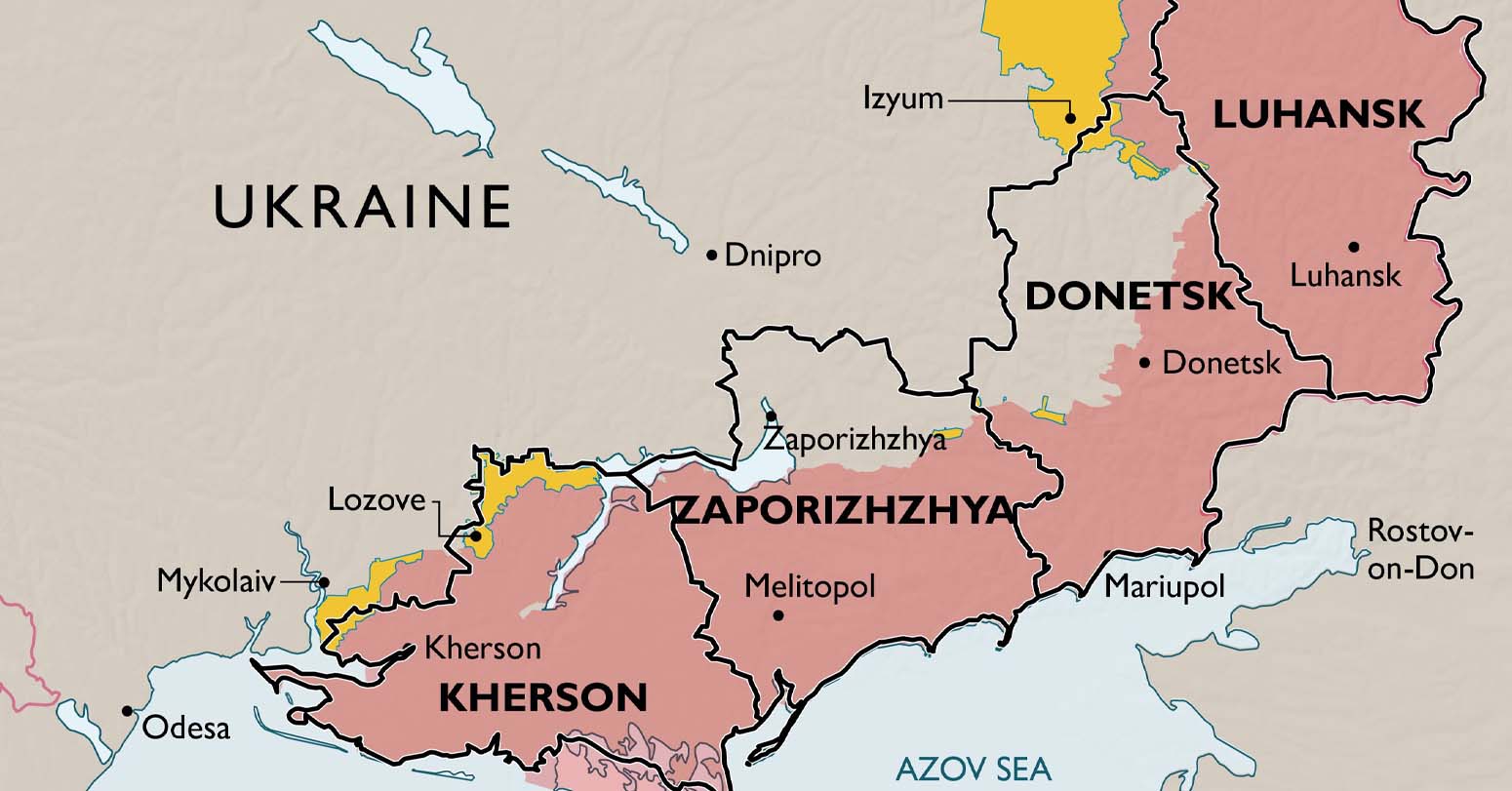
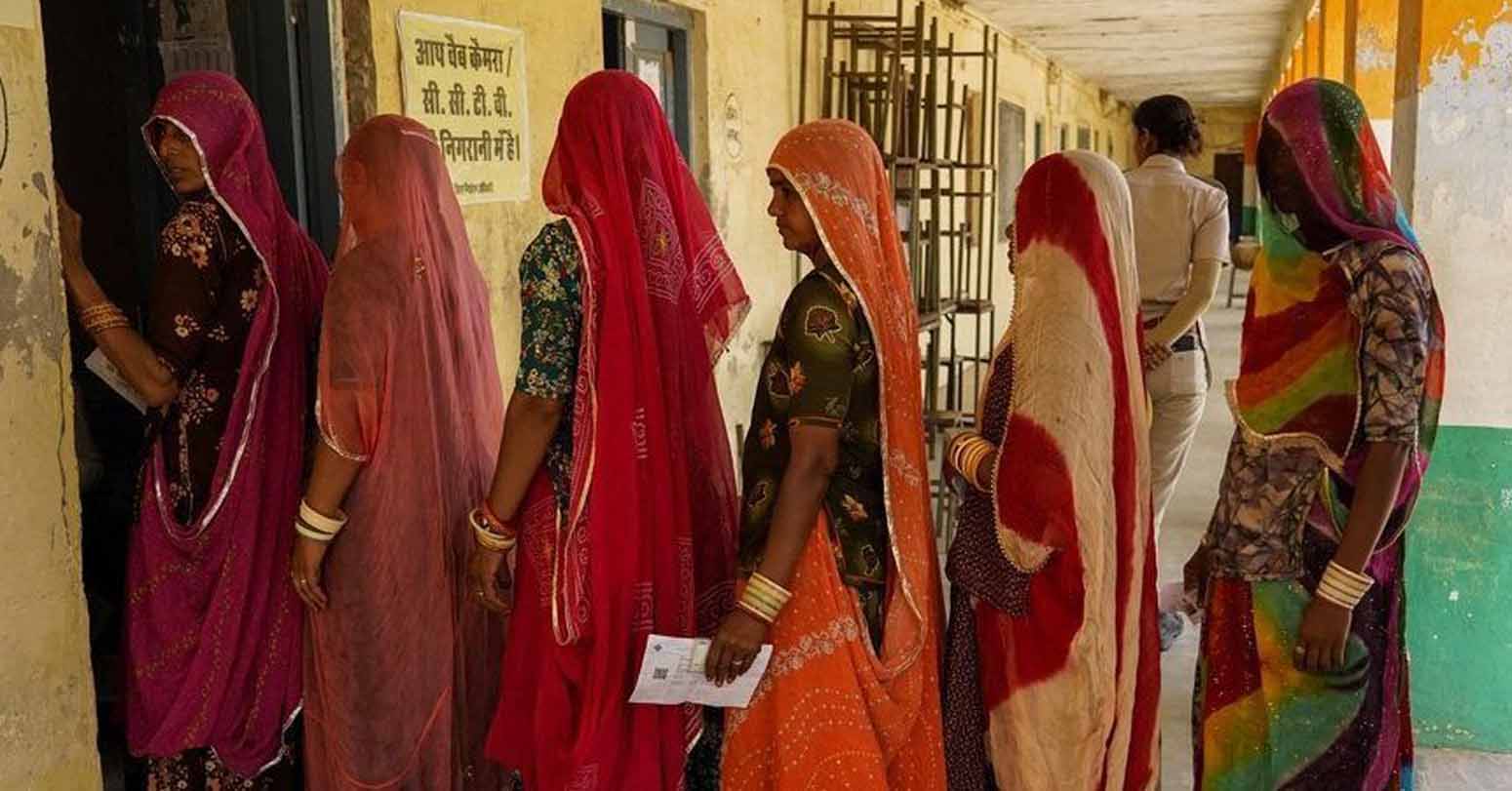
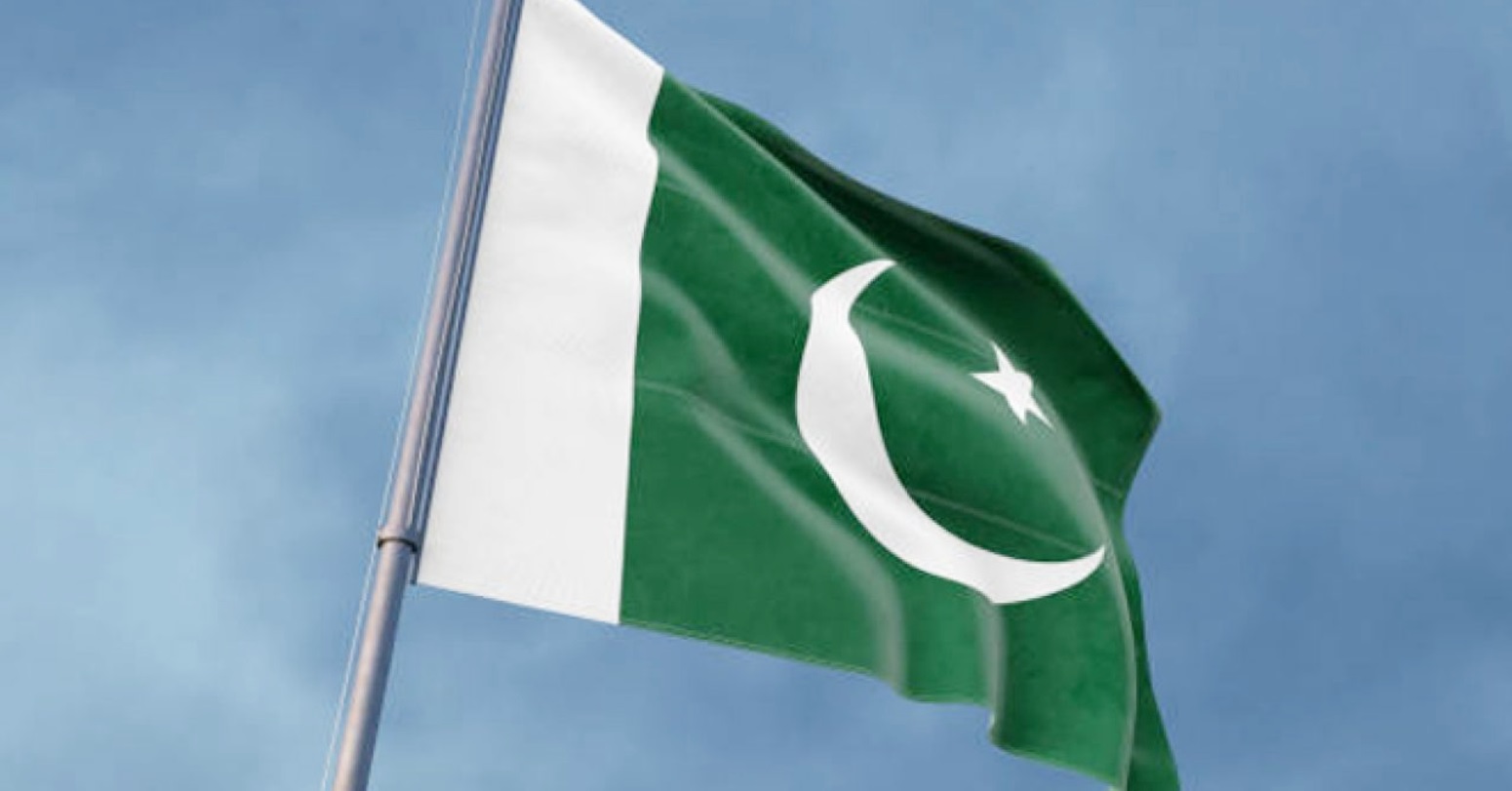

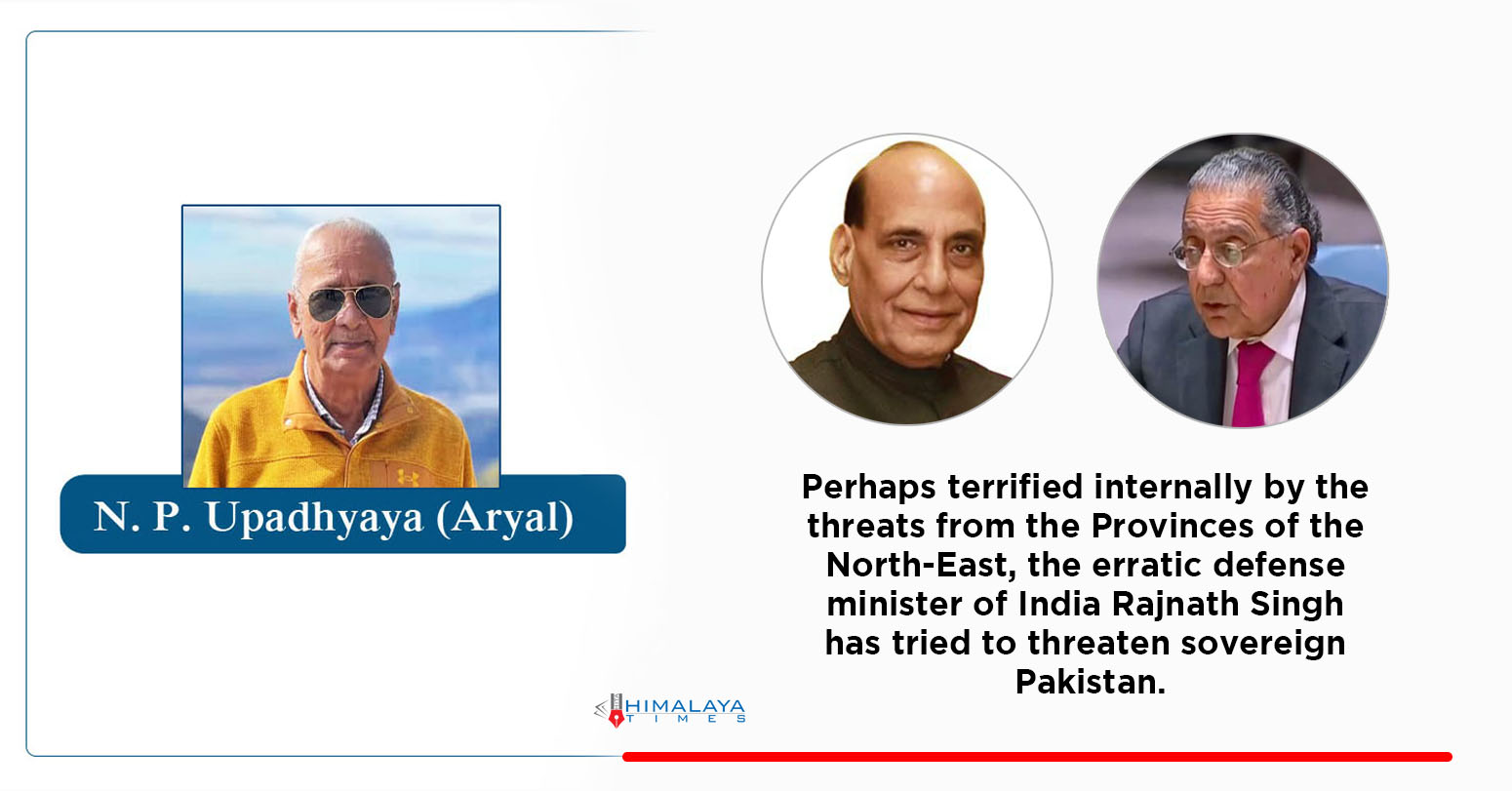

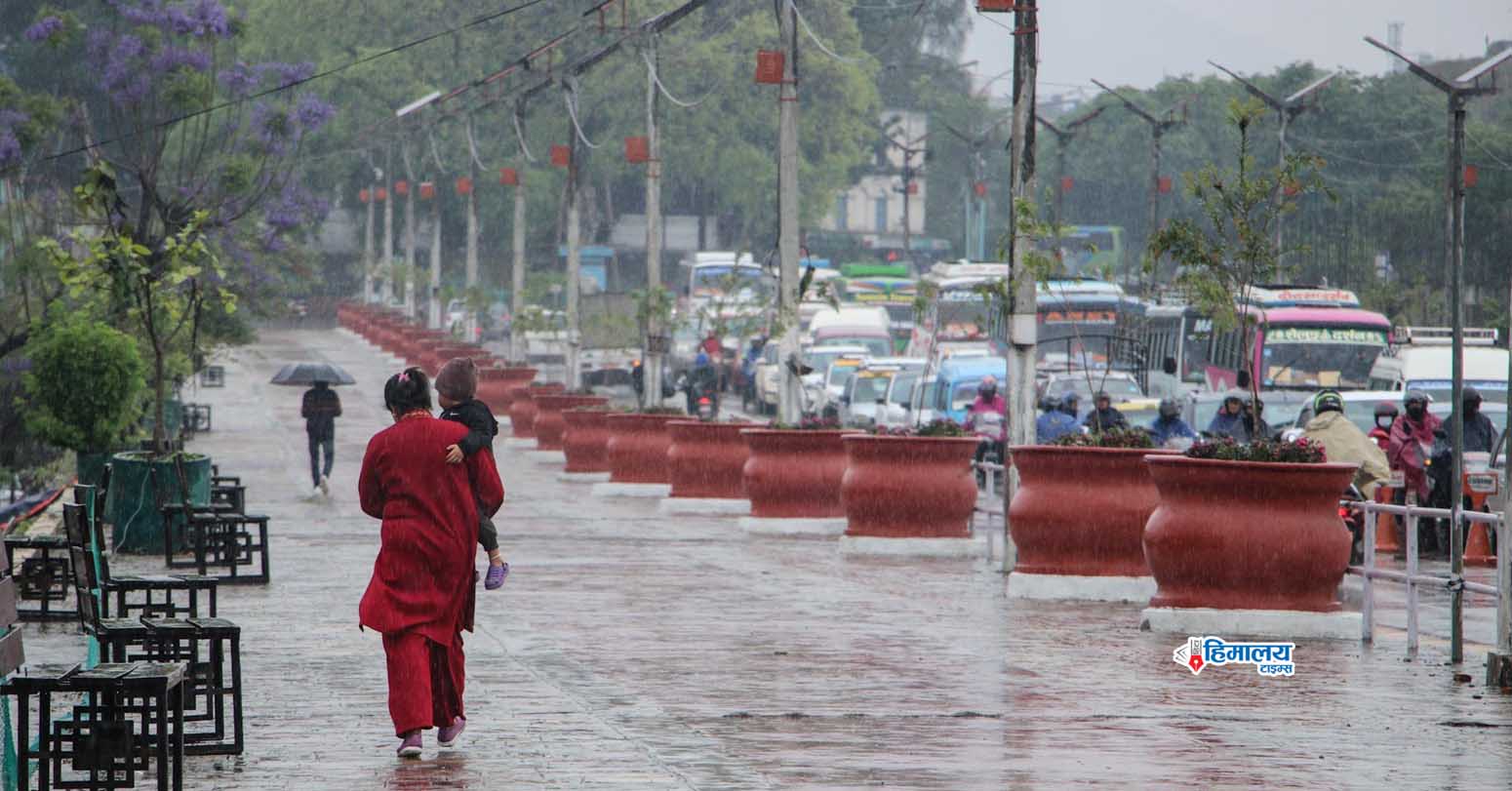

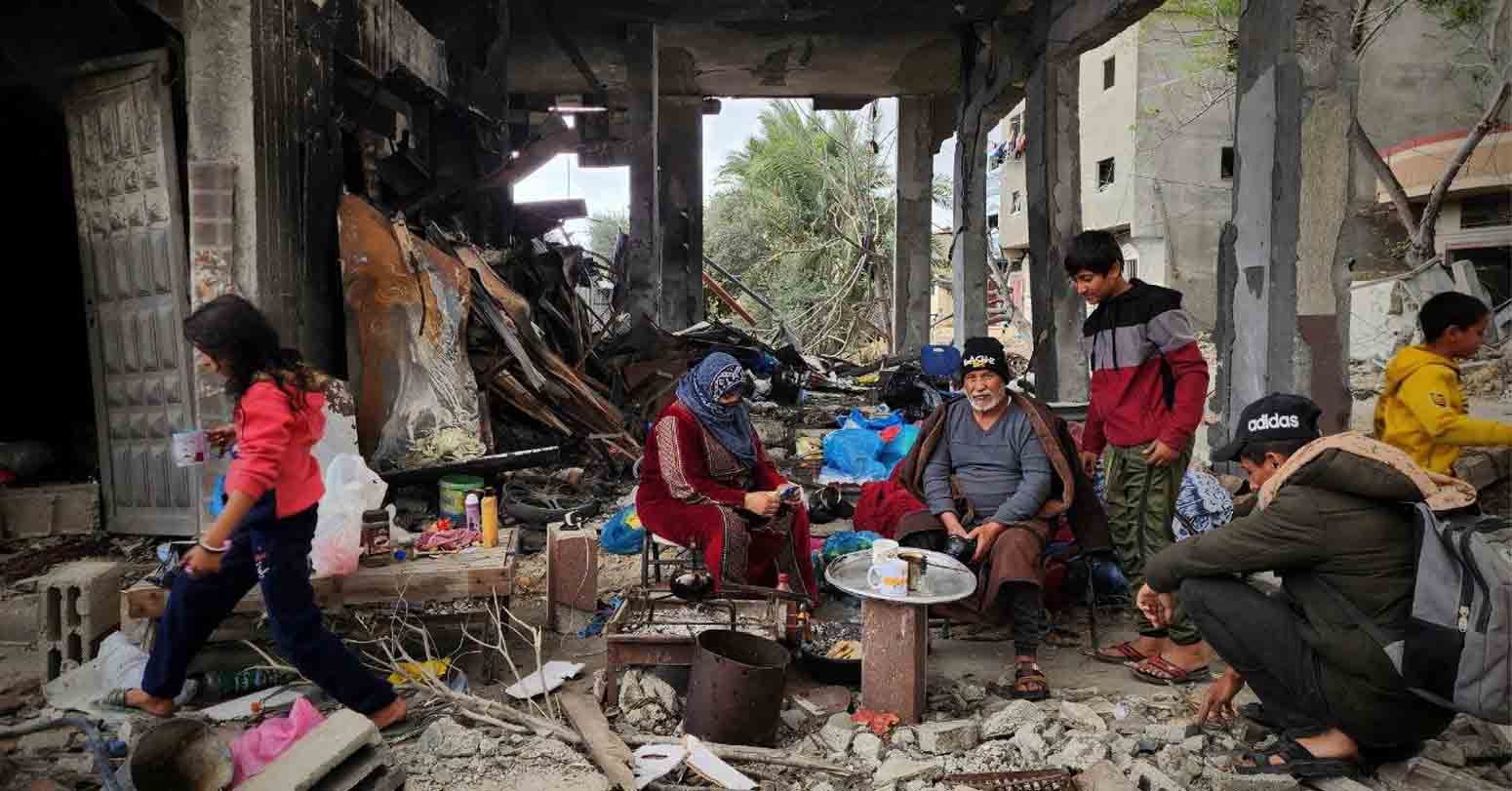

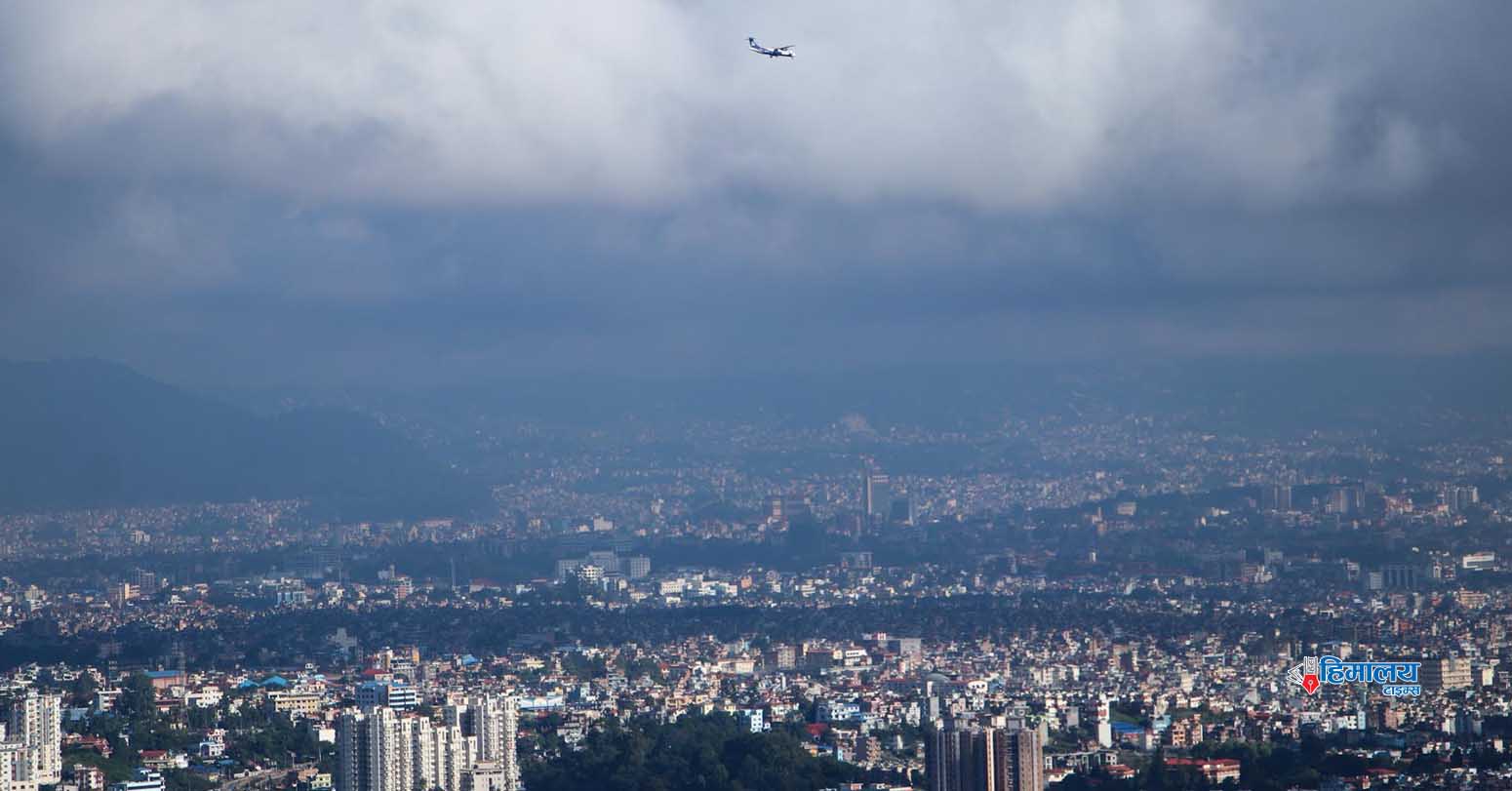
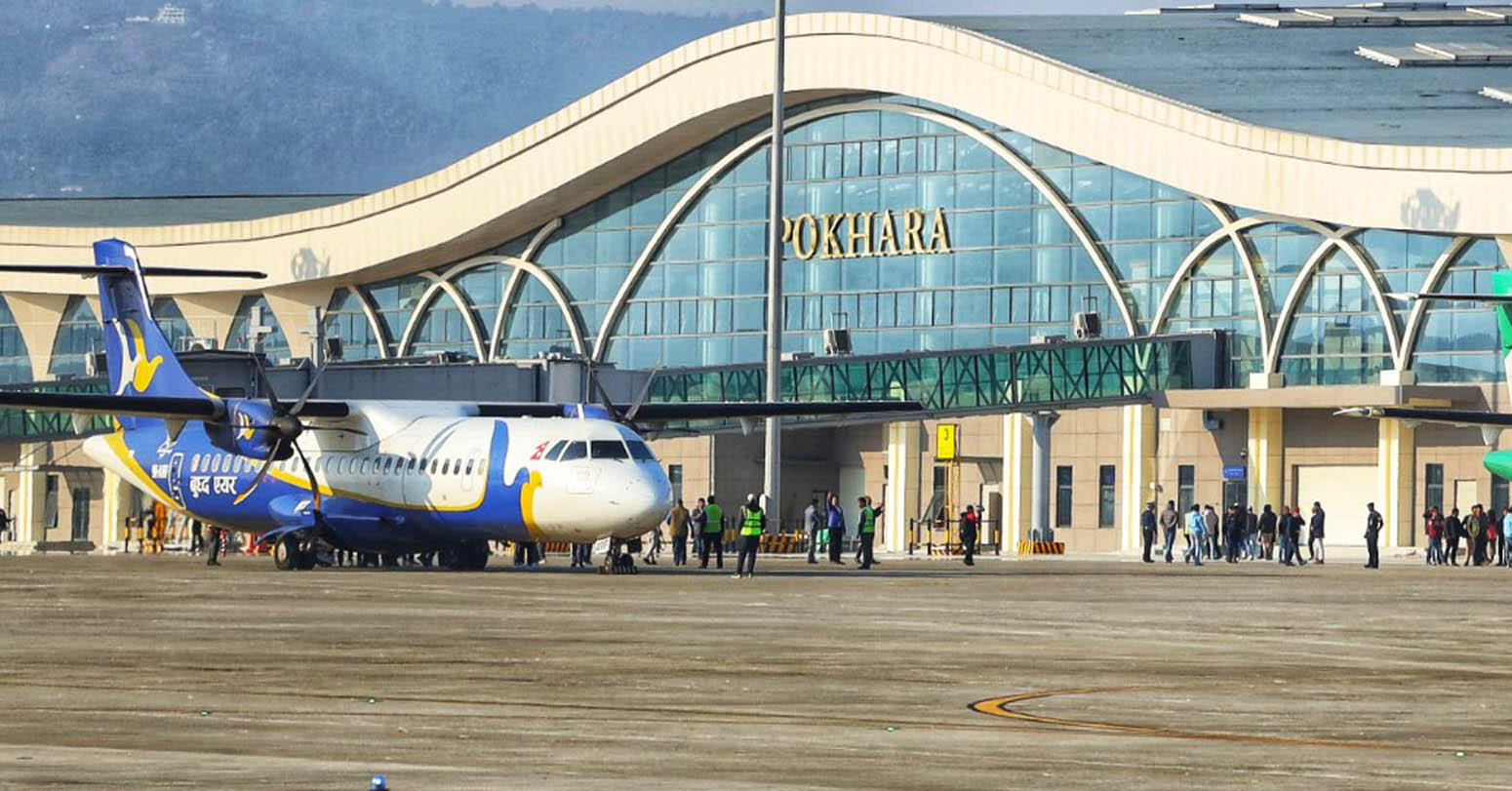

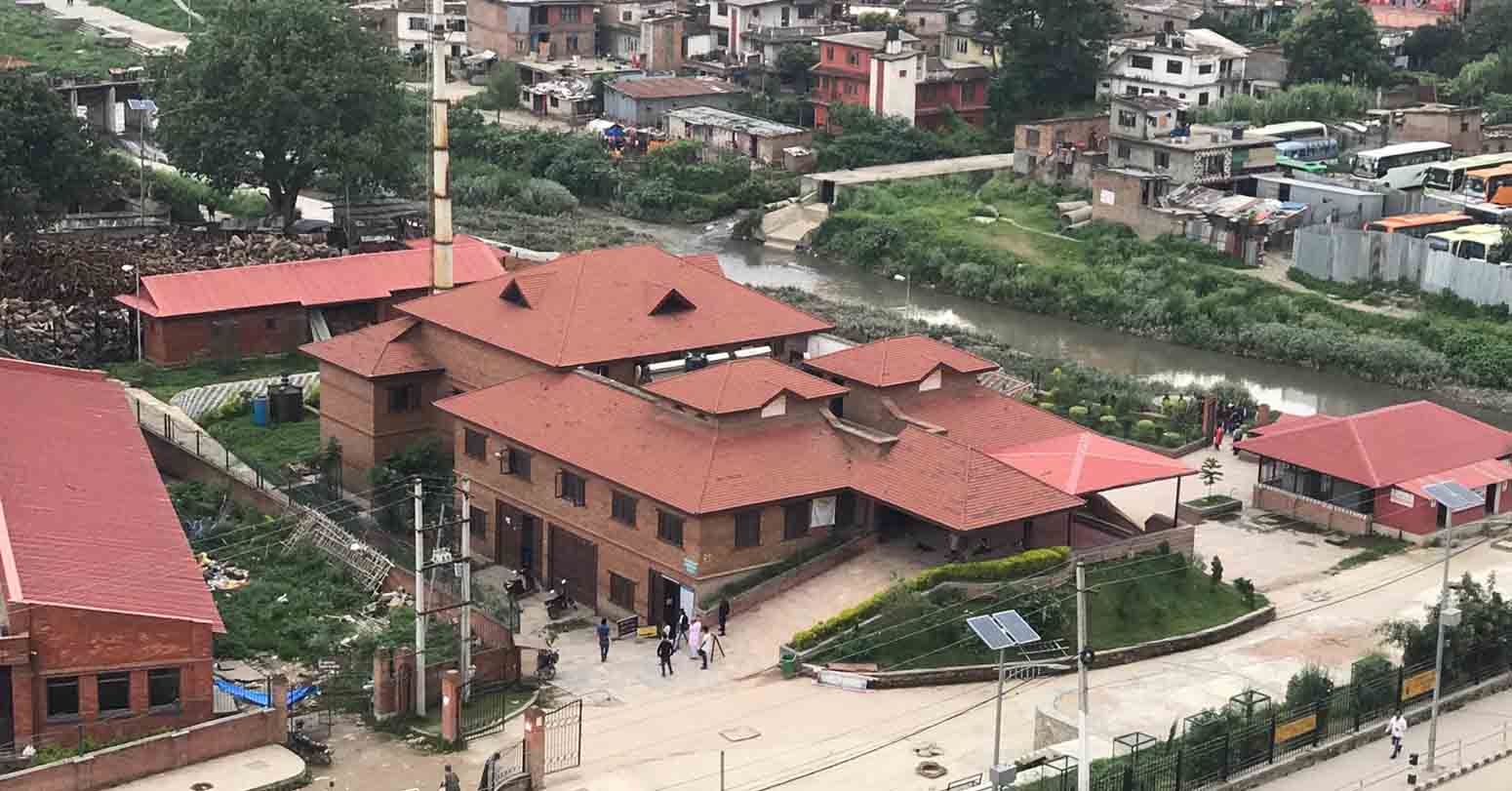
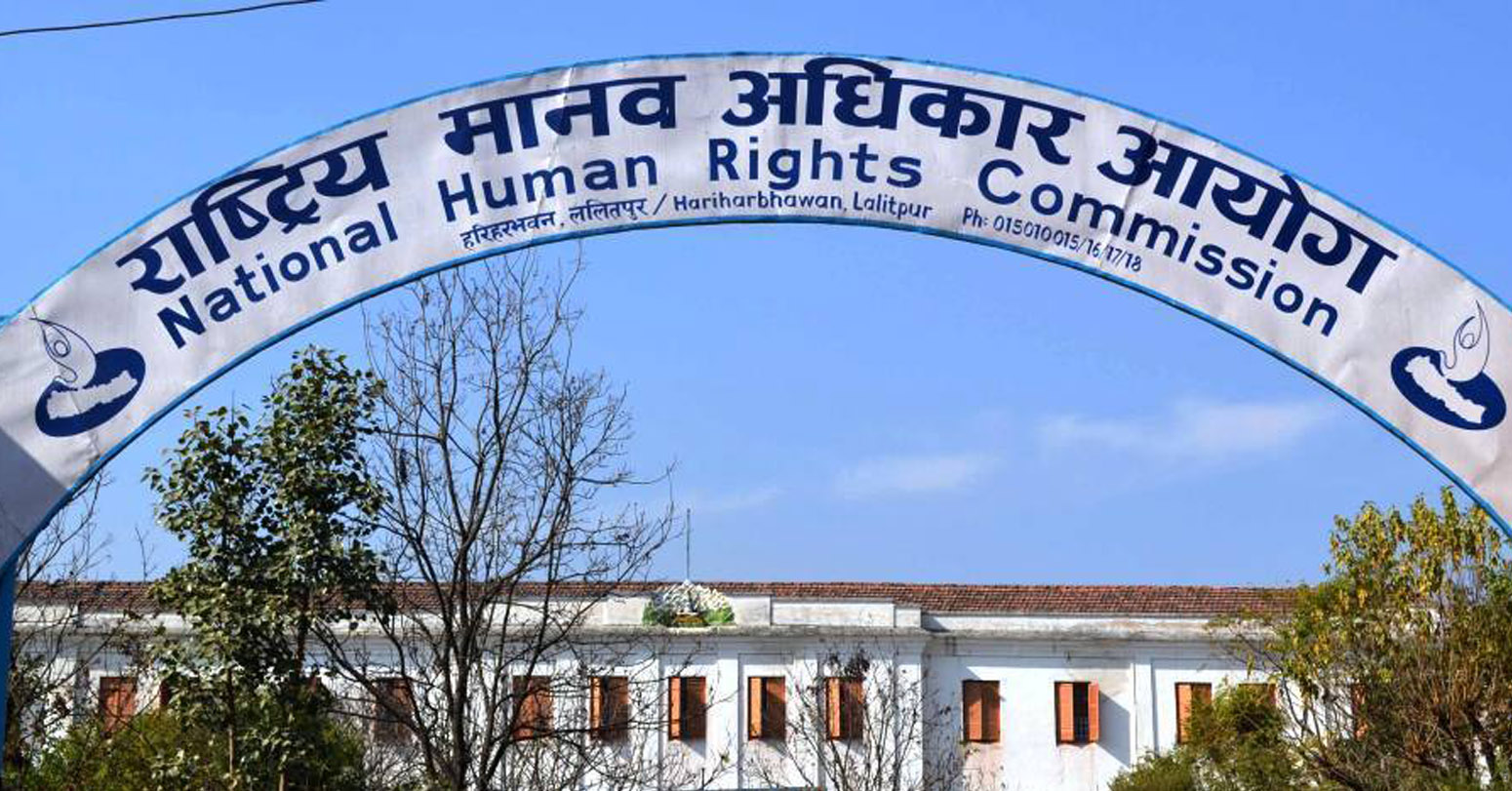
Comprehensive Data Protection Law Critically
Gender Differences In Mental Healthcare
Messi Wins Best FIFA Men’s
Erosion of Democracy
Fly Dubai Catches Fire in
“Complexities of the South Asian